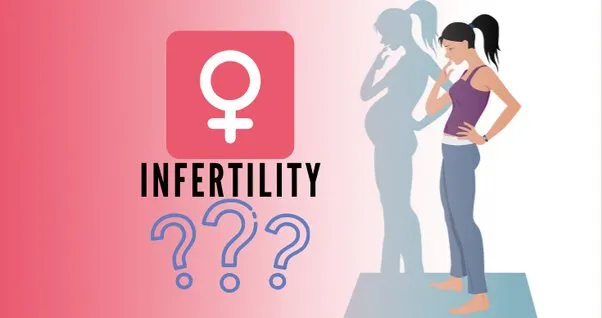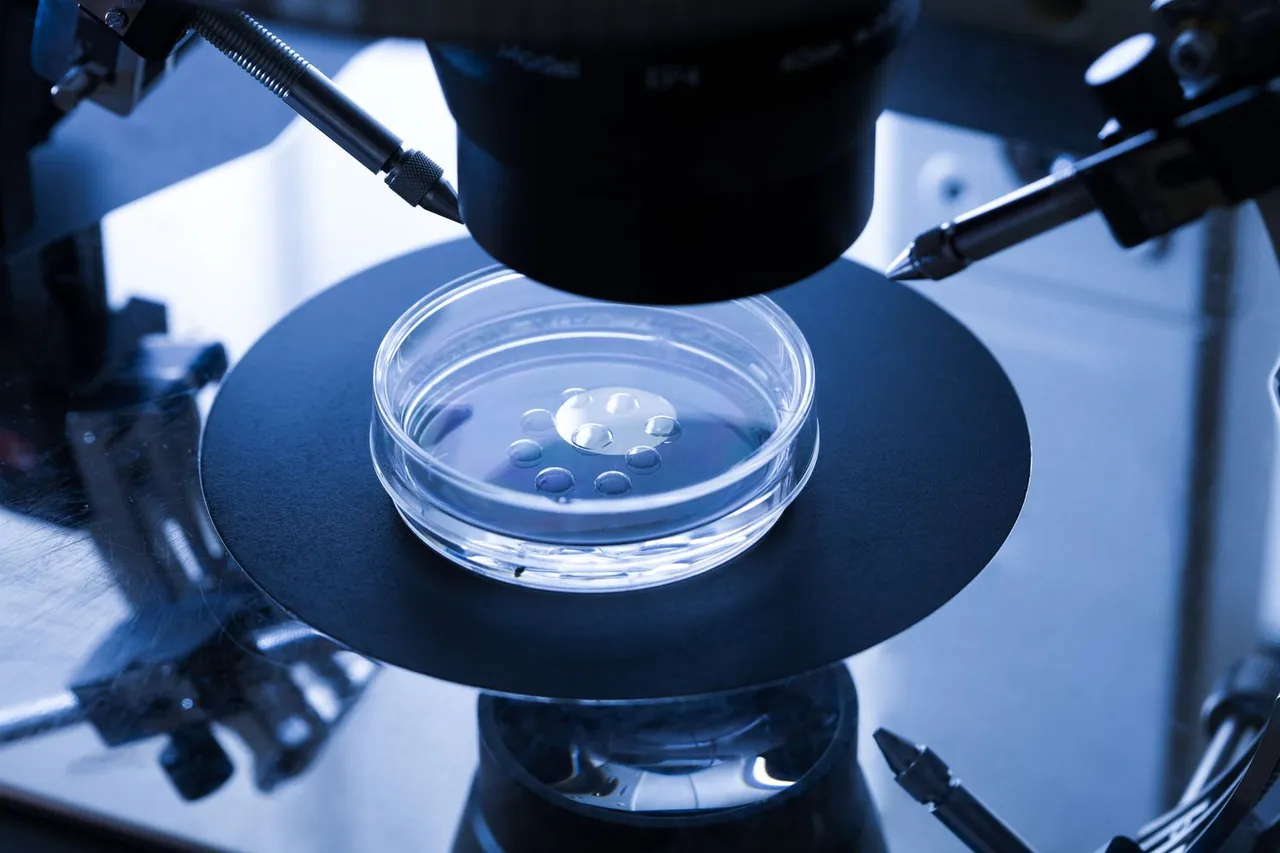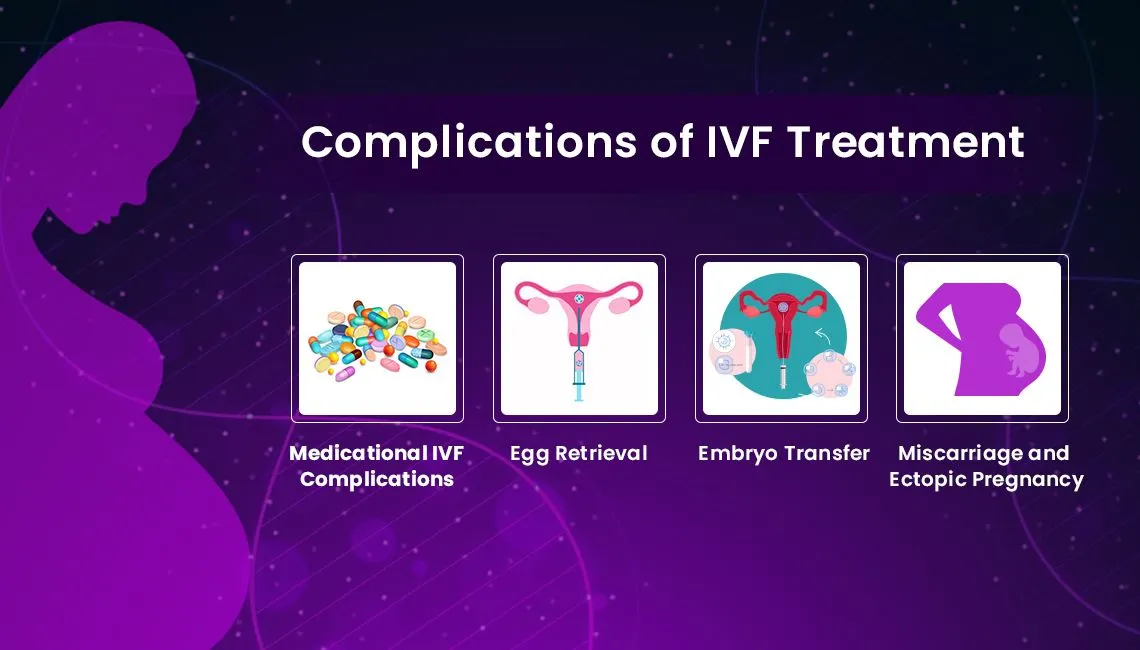Infertility can be a delicate and challenging topic, often accompanied by social taboos and embarrassment. According to the World Health Organization (WHO), infertility is defined in two conditions. For women above the age of 35, it is the inability to achieve pregnancy after six months of regular unprotected sex. For women under 35, the duration is extended to twelve months. Infertility can be caused by various factors, including potential male impotence or complications in the female reproductive system. These issues can arise due to accidents, trauma, or natural causes.
 source
source
People often refrain from discussing or seeking medical help for infertility due to embarrassment or societal taboos. Studies have shown that apart from marital, and trust issues, infertility is one of the major cause of divorce. Women experiencing infertility are three times more likely to face difficulties in their marriages. This is particularly evident in countries like India, Bangladesh, and other Asian nations where having a child is regarded as a blessing, infertility can significantly strain relationships in such societies.
When it comes to male problems, they often stem from sperm-related issues. These can include low sperm count, poor sperm motility, abnormal sperm shape or size, or blockages in the ejaculation tract. Environmental and genetic factors, as well as hormonal imbalances, can contribute to male infertility. Chronic illnesses and certain medications can also play a role.
While, in the case of female infertility, it can be caused by irregular ovaries, issues with the fallopian tubes, or an unfavorable environment for sperm survival.
Thankfully, advancements in medical science have led to various treatments for infertility. The most widely used technique is In-Vitro Fertilization (IVF), also known as Assisted Reproductive Technology (ART). This technique is itself is an art. IVF involves the surgical removal of eggs from the woman, fertilizing them with male gametes to form embryos, and then transferring them to the uterus for implantation. Other techniques include Intracytoplasmic Sperm Injection (ICSI) and Intrauterine Insemination (IUI), which involve injecting sperm into eggs or the uterus, respectively, to achieve fertilization.
 source
source
Additional methods include Preimplantation Genetic Testing, Gamete Intrafallopian Transfer, Zygote Intrafallopian Transfer, and surrogacy.
We have a living example of a world-famous couple, Priyanka and Nick, who opted for the surrogacy method.
 source
source
In this method, both the male and female gametes (reproductive cells, sperm in the case of the male and eggs for the female) are surgically extracted from their respective systems. These gametes are then fertilized in a laboratory for a few days before being transferred to a surrogate, a different woman who has legally agreed to carry and deliver a baby for the couple. However, it is prohibited in some countries due to religious or social factors.
In-vitro fertilization has acted as a lifeline for individuals facing infertility. IVF has provided numerous opportunities for couples struggling to conceive successfully. Have you ever heard of frozen meat and items? Just like that, now it is possible to preserve fertility by freezing and storing embryos, eggs, and sperm for future implantation.
Although it has advanced reproductive research by opening numerous doors, in-vitro fertilization (IVF) comes with some complications, such as multiple pregnancies. This occurs when more than one embryo is transferred into the woman's body. While it may sound promising, it increases the risk of premature birth, low birth weight, and developmental problems for the babies.
The medications used in the IVF process can lead to the overstimulation of the ovaries, causing Ovarian Hyperstimulation Syndrome. This condition can result in abnormal ovary size, abdominal issues, blood clots, and kidney problems.
Since the IVF process typically spans a period of three to four weeks, it can have an impact on an individual's psychological well-being and mental health. Moreover, the entire nine-month process can involve emotional upheavals, mood swings, and other complications. It is crucial for both partners to prioritize their health and well-being during this time.
Researchers are continuously making efforts to further advance and improve the process. However, it is important to note that this procedure can be costly, and the expenses can increase if multiple cycles are required.
It is highly recommended to consult with a gynecologist or reproductive endocrinologist. They can provide valuable guidance and help you understand the specific risks and benefits based on your individual health condition.
Have a great time, your contribution is richly appropriated.
